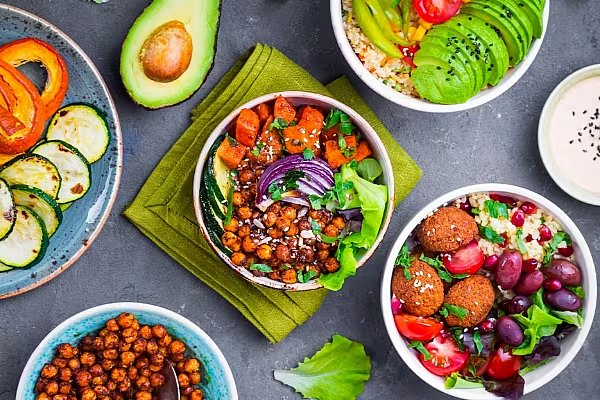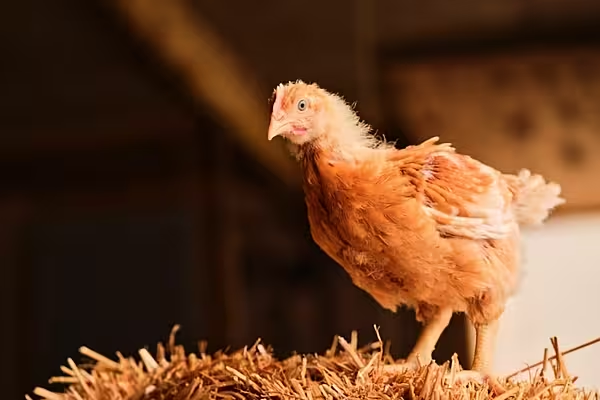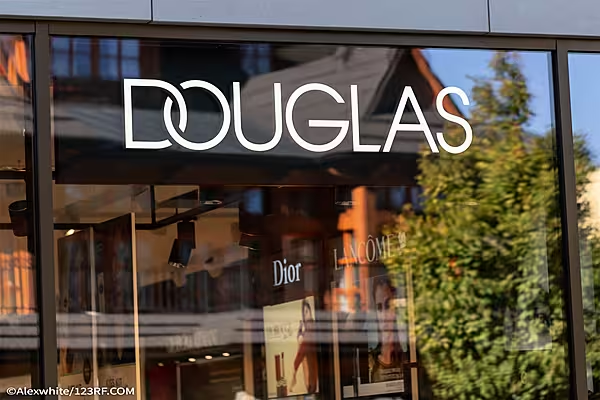French consumers support better promotion of plant-based foods, enhanced visibility in stores, and improved product traceability, according to a new consultation report by Make.org.
Monoprix, Bonduelle and Céréal Bio, with the support of 17 partner structures, conducted a citizen consultation on the Make.org platform between January and March 2024.
The theme of the consultation focused on making French people's diets more plant-based.
Nearly 15,000 participants contributed to the consultation, and more than 1,800 ideas were suggested.
The consultation generated substantial feedback, with over 277,000 votes cast on the proposed ideas. The top three takeaways from the consultation included:
1. Effective Communication And Awareness To Promote Plant-Based Food
More than 60% of participants in the consultation favoured measures such as promoting easy, economical and tasty plant-based recipes, increasing information on the nutritional and health benefits of plant-based food, and raising awareness of plant-based nutrition from school onwards.
In this area, Monoprix and Franprix conduct two major communication events – Veganuary and the vegan barbecue season.
In addition to in-store promotions, both banners are mobilising various communication channels – social networks, newsletters and websites – through several measures, such as recipe ideas.
Monoprix and Franprix are also considering a third annual communication event.
The first initiative, combining tasting and in-store awareness, will take place in September 2024, with Bonduelle and Céréal Bio involved in its co-construction.
In addition, the three players have developed new in-store communication media to provide information on nutritional quality, environmental impact, and the composition of a typical plate.
These tools were deployed as part of the reopening of the Monoprix store in St Michel, the company noted.
2. Unanimous Call To Make Plant-Based Food More Accessible
The call to make plant-based food more accessible was unanimous in the consultation, with participants suggesting an increase in the visibility, accessibility, and quality of plant-based offerings in grocery stores.
Monoprix offers an extensive range of plant-based products, particularly in the imitation meat/plant-based delicatessen section, with twice as many SKUs as the market average.
While the plant-based offering varies from store to store, the retailer offers a selection of products, such as Monoprix Bio tofu, throughout its outlets.
Monoprix is testing several models regarding on-shelf visibility. In 45 stores, the fresh plant-based offering is grouped together in a dedicated area, while in others the offering is divided between a segment of the delicatessen section and the poultry section.
It has also pledged to offer a quota of vegetarian products in its promotional catalogue throughout the year from January 2025. These products will be identifiable by a pictogram or as a group on a dedicated page.
3. Need For Quality And Traceability
The consultation also revealed that the demand for quality and traceability extends beyond processed products available in shops to better product traceability to guide consumers through labels, scores, and other information.
All private-label products at Monoprix are subject to a sustainable nutrition charter, which regulates the nutritional aspect of food products.
Examples include limiting salt content, prohibiting certain additives, and ensuring the quality of ingredients.
Monoprix is developing a sustainable nutrition charter to regulate the listing of national brand products on plant-based alternatives. The requirements requested include a food labelling system and restrictions on controversial additives.
The retailer added that currently, 83% of its products comply with this charter.














